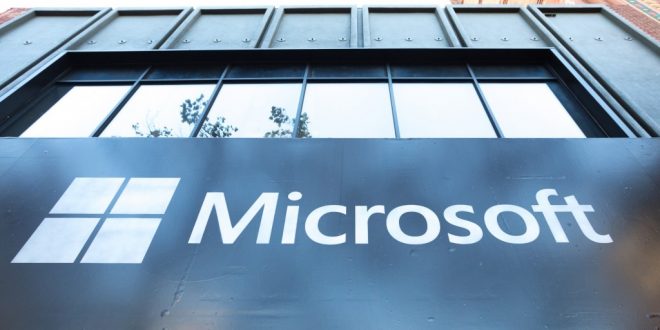Just a few days ago, a rumor originating from China claimed that Microsoft will sell its feature phone division to contract manufacturer Foxconn. Today, Microsoft officially announced the agreement, which will see Foxconn taking over the Nokia feature phone division in exchange for $350 million USD.
The deal also includes the company’s Hanoi manufacturing facility, Microsoft Mobile Vietnam.
A further deal with Nokia will give FIH the exclusive rights to the Nokia brand until 2024, which it will use on phones and tablets sold through a newly-created business, HMD Global.
The company will continue to market Nokia-branded feature phones — as a result of the deal with Microsoft — as well as a new range of Android-powered smartphones and tablets, for which Nokia Technologies will receive royalties.
The Microsoft deal is expected to close in the second half of 2016, the company said in a statement. Foxconn, also trading as Hon Hai Precision, is the world’s largest electronics contract manufacturer and is headquartered in Taipei, Taiwan. It produces some of the world’s most popular consumer electronics, including the iPhone and iPad, Xbox One, PlayStation 4 and Microsoft’s Surface tablets.
Microsoft’s statement reiterated its earlier promises not to ditch its mobile ambitions entirely — though it didn’t go so far as to commit to developing new Lumia hardware. “Microsoft will continue to develop Windows 10 Mobile and support Lumia phones and phones from OEM partners like Acer, Alcatel, HP, Trinity and VAIO.”
While Microsoft has struggled to get any traction in the smartphone market — it still holds less than a 3 percent share — sales of feature phones have been declining rapidly in recent years as the cost of entry-level smartphones has plummeted.
That said, only last year during the third quarter, Microsoft was earning more money from sales of its feature phones ($765 million) than it was from smartphone sales ($754 million), indicating why Foxconn would be interested in purchasing the business.
Foxconn recently finalized a deal to take over struggling Japanese tech giant Sharp in a $3.5 billion move that will give the Taiwanese company a significant advantage over competitors when trying to attract business from the likes of Apple and indeed Microsoft.
Agencies/Canadajournal
 Canada Journal – News of the World Articles and videos to bring you the biggest Canadian news stories from across the country every day
Canada Journal – News of the World Articles and videos to bring you the biggest Canadian news stories from across the country every day



